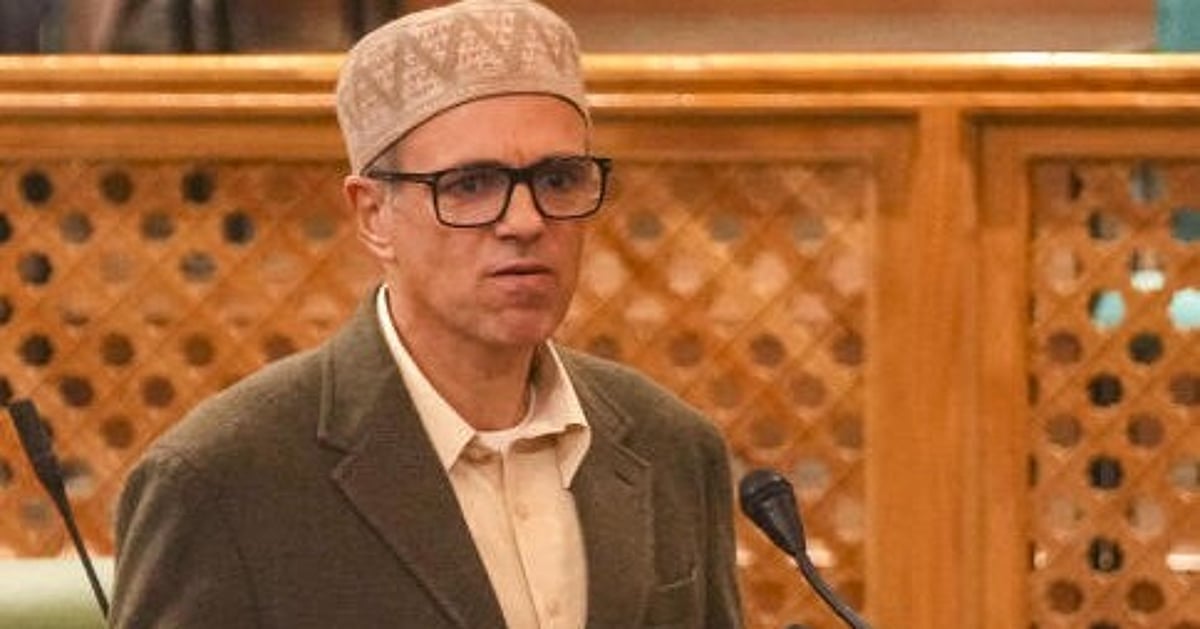 |
|
The recent statements by Jammu and Kashmir Chief Minister Omar Abdullah and Union Home Minister Amit Shah highlight a significant divergence in perspectives regarding the restoration of normalcy in the region. Abdullah's assertion that normalcy is not yet fully restored directly contradicts Shah's claim that the revocation of Article 370 effectively ended terrorism and its supporting ecosystem. This discrepancy underscores the complex and deeply contested political landscape of Jammu and Kashmir, a region grappling with decades of conflict and profound social and political change.
Shah's statement, delivered a day prior to Abdullah's, presented a narrative of success in addressing the security challenges faced in the valley. He attributed the successes of the Modi government's policies to the abrogation of Article 370, arguing that this constitutional change fundamentally altered the socio-political dynamics, thereby undermining the foundations of separatist movements and terrorist organizations. This perspective emphasizes a security-centric approach, framing the issue primarily in terms of counter-terrorism efforts and the stabilization of the region through assertive government action.
In contrast, Abdullah's perspective offers a more nuanced view, acknowledging the security improvements but emphasizing the persistent socio-economic and political challenges that remain. His statement implicitly critiques Shah's assessment, suggesting that the claims of complete normalcy are premature and perhaps even misleading. This alternative view underscores the long-term ramifications of the changes implemented in the region, highlighting the necessity for a more holistic approach that addresses issues beyond immediate security concerns. The restoration of trust, economic development, political participation, and the healing of deep-seated societal divisions all present significant hurdles on the path to lasting peace and normalcy.
The differing narratives highlight the inherent difficulties in objectively assessing the situation in Jammu and Kashmir. The absence of a universally accepted metric for measuring 'normalcy' allows for competing interpretations of the same events. While Shah focuses on tangible improvements in security indicators, Abdullah likely points to the less quantifiable but equally crucial aspects of normalcy such as the restoration of social harmony, freedom of expression, and economic opportunity for all segments of the population. The lack of a common framework for evaluation makes it challenging to facilitate a constructive dialogue and find common ground in addressing the complex issues at hand.
The ongoing debate further emphasizes the importance of sustained engagement, inclusive dialogue, and a comprehensive approach to addressing the multifaceted challenges facing Jammu and Kashmir. The perspectives of both Abdullah and Shah represent only a fraction of the broader range of views within the region, highlighting the critical need to engage with various stakeholders, including civil society, local leaders, and community members, to build a more comprehensive and enduring pathway towards peace and prosperity. Ignoring the concerns expressed by figures like Abdullah could lead to a further erosion of trust and a missed opportunity to build a more inclusive and peaceful future for the region.
Furthermore, the debate underscores the crucial role of independent fact-finding and impartial analysis in understanding the situation. International observers and independent human rights organizations could play a vital role in providing objective assessments and promoting a constructive dialogue among all parties involved. The lack of unbiased observation can lead to polarized narratives and hinder the development of sustainable solutions. Therefore, it is essential to promote transparency, accountability, and independent oversight to ensure that all perspectives are considered and that solutions are grounded in evidence and a commitment to human rights and inclusivity.
Ultimately, the contrasting assessments of normalcy in Jammu and Kashmir illustrate the complex nature of post-conflict recovery and the ongoing need for a multi-faceted, long-term strategy that prioritizes both security and socio-economic development. The challenge lies in building a consensus around a shared vision for the future that addresses the concerns of all stakeholders and respects the fundamental rights and aspirations of the people of Jammu and Kashmir. Only through such a comprehensive and inclusive approach can the region hope to achieve lasting peace and stability.
Source: Normalcy not fully restored in J&K yet, says CM Omar Abdullah
